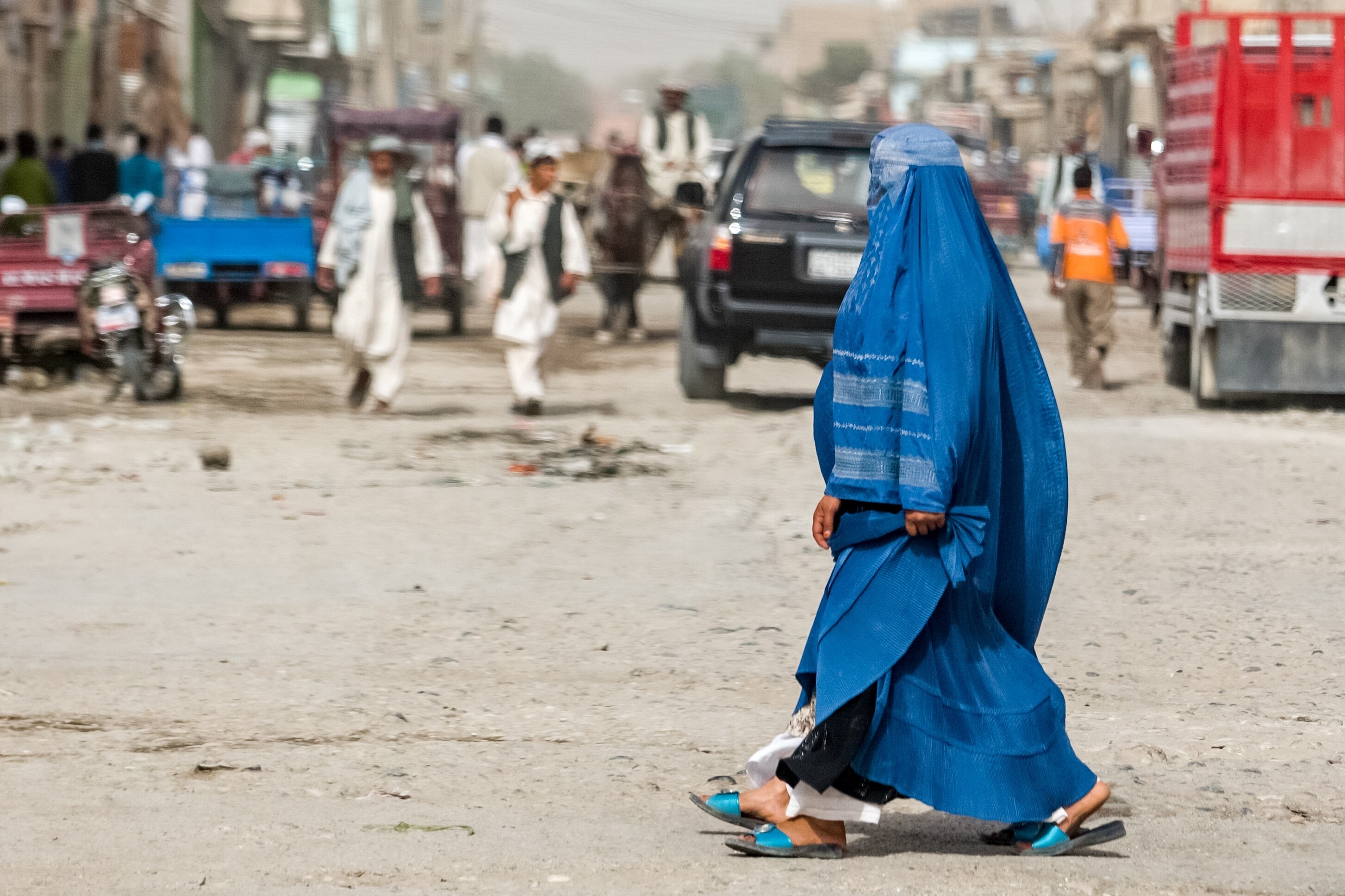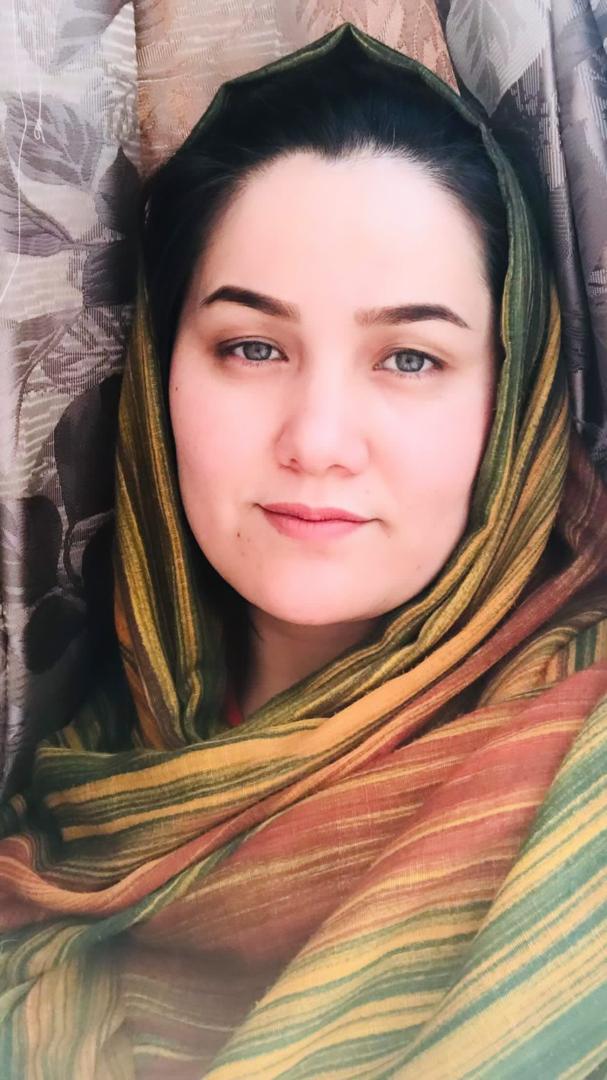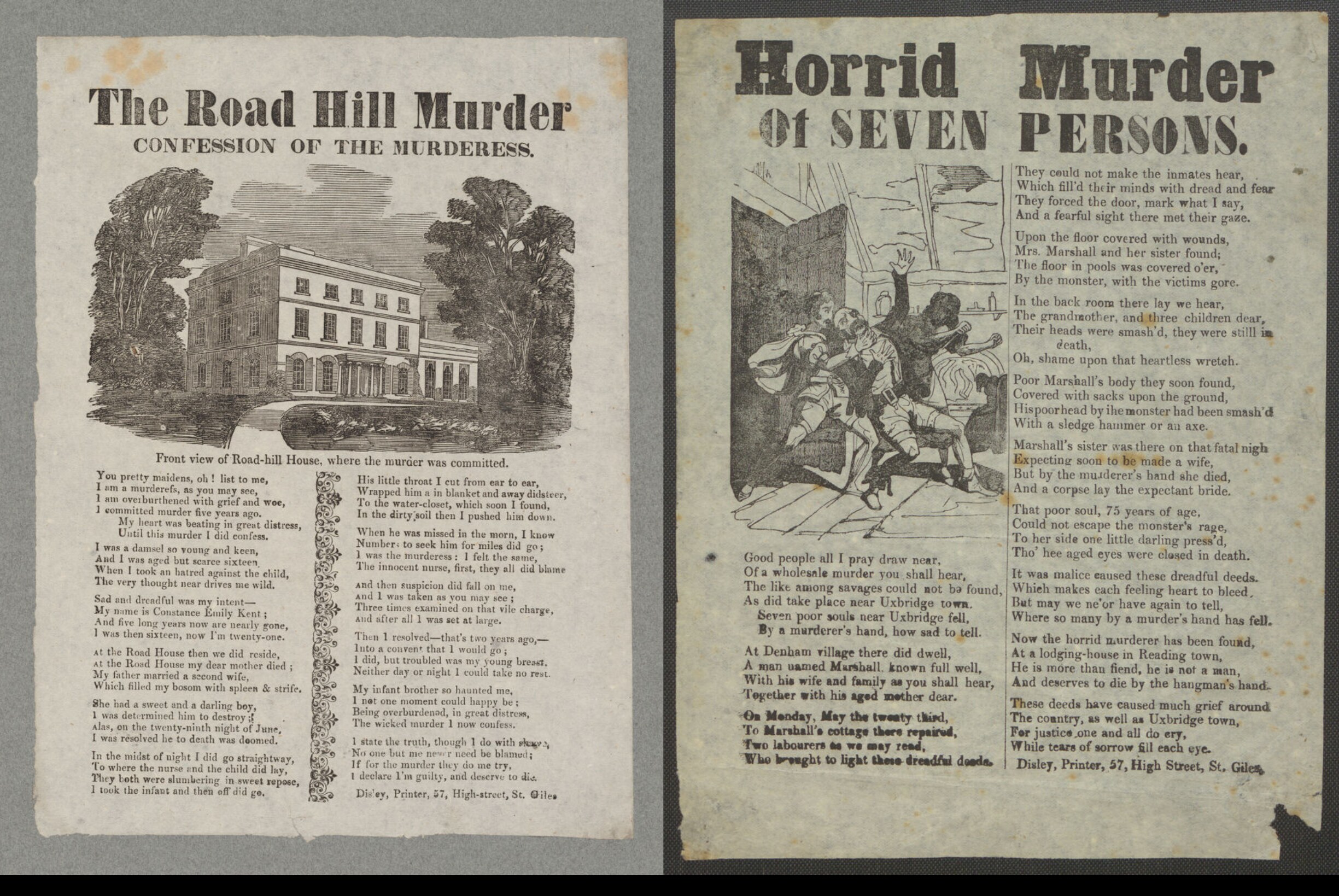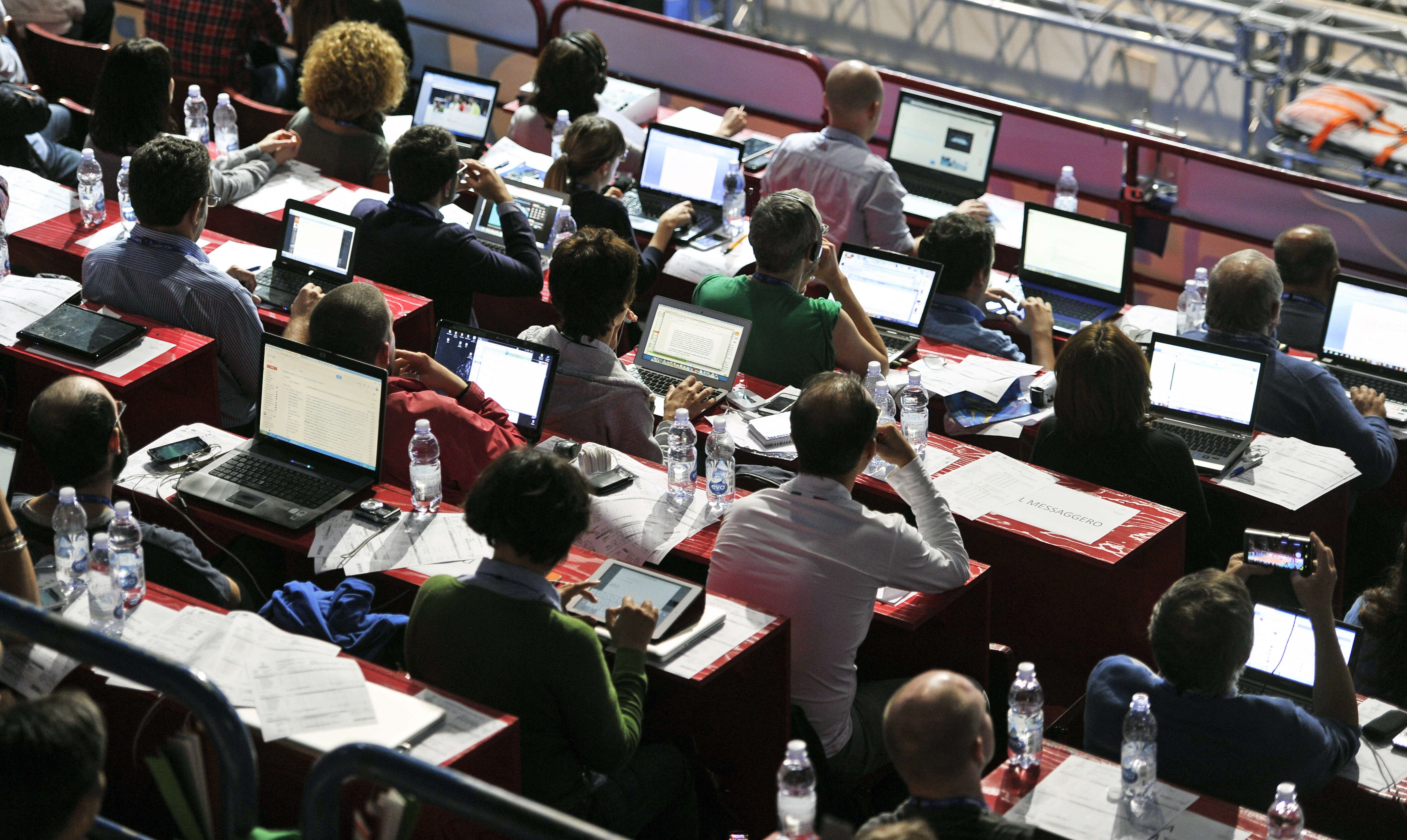يقف "أبو عمر" عند الحاجز الأمني مشحونا بتمرد الشباب واثقا من أن "الكمبيوتر المشؤوم" الذي يحمله معه لن يشتغل حتى ولو "مسه روح من الجن"، ولكنه فجأة وضد كل قوانين العلم ومنطق التكنولوجيا، اشتغل، لتبدأ رحلة "مئة يوم من العزلة" في سجون "تنظيم الدولة الإسلامية".
تبدأ الرحلة من دير الزور السورية في اتجاه غازي عنتاب في تركيا، وكل ما يعرفه القارئ، إضافة إلى بعض التفاصيل عن مناطق سيطرة تنظيم الدولة الإسلامية، هو أن أربعة شباب مزهوين بأنفسهم، (أو هكذا نحس على الأقل) يركبون حافلة تتسع لـ 14 شخصا، ثم يوقفهم حاجز تابع لـ"تنظيم الدولة الإسلامية" ويفتش عناصر التنظيم حقائبهم تفتيشا دقيقا ليعثروا على حاسوب اعتقد صاحبه أنه أفرغ شحنه وكل المحتويات التي يمكن أن تلمح إلى هويته.
لم يكن صاحب الحاسوب سوى عمر الحاج، مراسل الجزيرة بسوريا، بعد أن طلب منه أبو منصور الأسترالي (المسؤول عن الحاجز الأمني) التثبت من ادعاءاته بأنه ذاهب لإصلاحه. يحكي الحاج بلغة لا تخلو من ندم: "لقد كان الخطأ الأكبر هو اصطحاب الحاسوب وجهاز الإنترنت، وهو الأمر الذي أجبرت عليه منذ البداية، ولولاهما ربما كنت قد اعتقلت. إن لم يكن ذلك، لما كنت أنت، أيها القارئ الكريم، تقرأ هذه الكلمات! ولكن الله إذا أراد شيئا هيأ له أسبابه، ولله الحمد في الأولى والآخرة."
سيرة ذاتية أم كتاب معرفي؟
يفصح عمر من اللحظة الأولى أننا أمام ما يشبه السيرة الذاتية لصحفي اعتقله تنظيم الدولة الإسلامية، والحال أن القارئ يحار في تصنيفه هل هو سيرة ذاتية أم غيرية، رواية معززة بالمعلومات أم كتاب معرفي؟ ذلك أن الكاتب، وهو يسرد ما جرى له خلال مئة يوم، يذكر بسياقات تأسيس الدولة الإسلامية ومناطق نفوذها وصراعاتها السياسية والعقائدية مع الفصائل الأخرى بشكل لا يمكن أن تناقشه كثير من الكتب الأكاديمية، كذلك يرسم بورتريهات -لا تفتقر إلى الكوميديا السوداء- لشخصيات قيادية في التنظيم، والفصائل المنافسة، والنظام السوري... يحدث ذلك، في قالب سردي أقرب إلى الرواية متحرر من الكتابة التقريرية الجامدة.
لا ينهج عمر الحاج الأسلوب التقليدي لكتب الصحفيين أو الكتاب الغربين الذين غطوا أحداثا كبرى في الشرق الأوسط بإضفاء مسحة سردية عاطفية على الشخصيات وشرح تعقيدات السياسة والجغرافيا بمنظور استشراقي وتبسيط مضلل. لا نكاد نعثر على فقرة واحدة ليست مرتبطة بسياق أو مدعومة بخلفية تاريخية أو متبوعة بشرح وافٍ عن جذورها، إما اكتسبها الصحفي من تجربته الميدانية الطويلة وإما من شبكة مصادره أو من "كنز المعلومات الجديد": رفاق السجن.
لا ينهج عمر الحاج الأسلوب التقليدي لكتب الصحفيين أو الكتاب الغربين الذين غطوا أحداثا كبرى في الشرق الأوسط بإضفاء مسحة سردية عاطفية على الشخصيات وشرح تعقيدات السياسة والجغرافيا بمنظور استشراقي وتبسيط مضلل.
هذه ميزة الكتاب الأساسية، نلاحظ مثلا أن الكاتب يحدد الفروق الدقيقة بين الأنصار والمهاجرين ومناصبهم القيادية في التنظيم، وجنسياتهم، وميولهم، ونوعية الأسلحة التي يستعملونها ومصدرها، كذلك ساعدته تجربة السجن على التعرف إلى كثير من القصص التي لا نعرف عنها الشيء الكثير: الدسائس والصراعات والبناء الهرمي والتجسس وطبيعة النقاشات داخل التنظيم ومناطق سيطرتهم كذلك.
يبدو الكاتب واعيا بأن الحكي عن تجربته في "سجون الوالي" لا ينفصل عن تثقيف القارئ؛ لأننا أمام تجربة يتشابك فيها الديني بالسياسي ومصالح الدول الكبرى والأهواء الشخصية. يكتب عمر الحاج فيما يشبه التنبيه: "وقبل الشروع في سرد ما عشته يجب أن أحرر بعض المصطلحات هنا:
الإخوة: يقصد بهم عناصر التنظيم الذين سجنوا لاقترافهم جنحة أو خطأ ما. التعزير: هو المصطلح الخاص بإنزال العقوبة بالمذنبين. العوام: هم كل من ليسوا من عناصر الدولة. الاحتطاب: مصطلح يطلق على عناصر الدولة الذين قرروا، من دون الرجوع إلى قادتهم، الإغارة على أحد عناصر الجيش الحر أو النصرة أو أي مخالف للدولة، فقتلوا وسلبوا من المتاع أو المال أو السلاح فباعوه وأخذوه لأنفسهم. الأنصار: هم عناصر الدولة من السوريين. المهاجرون: هم عناصر التنظيم من غير السوريين. المبايعون: هم أشخاص مدنيون غير مقاتلين، ولكنّ ولاءهم للدولة. المناصرون: هم أشخاص مدنيون لم يبايعوا الدولة ولكنهم تعهدوا بنصرتها وعدم العمل ضدها وضد عناصرها ومنهم من كان يعمل في مؤسساتها الإغاثية أو المدنية كالجباية والكهرباء وغيرها...".
الغاية من إيراد هذه المعطيات لم تكن من باب الاستعراض المعرفي، بل لتوجيه القارئ من البداية إلى حساسية استخدام المصطلحات والخلفيات، وكان الكاتب نفسه ضحيتها في أثناء فصول التحقيق.
لا نكاد نعثر على فقرة واحدة ليست مرتبطة بسياق أو مدعومة بخلفية تاريخية أو متبوعة بشرح وافٍ عن جذورها، إما اكتسبها الصحفي من تجربته الميدانية الطويلة وإما من شبكة مصادره أو من "كنز المعلومات الجديد": رفاق السجن.
في رحلة انتقاله بين سجون "تنظيم الدولة الإسلامية" من دون توجيه تهمة واضحة سوى أنه ينتمي "لهؤلاء العملاء الذين تلقوا دورات تدريبية من جهات أجنبية والخارجين عن الملة"، تعرف عمر الحاج على شخصيات من كل الأقطار، وكان شاهدا على نهايات تراجيدية لرفاق السجن مثلما وقع مع إلياس وعبد الرحمن.
لا تهمنا قصص هذه الشخصيات، ولكن ما يهمنا هو أن عمر الحاج لا يتخلى عن حسه الصحفي الملقح أحيانا بأسلوب روائي وغير مطمئن للبطولات الشخصية مشككا في روايات السجناء (على ذمة الراوي، كما قال… إلخ )، ويهمنا كذلك، أن نفهم على وجه التحديد لم خصص جزءا كبيرا من كتابه للحديث عن "الآخرين"؟ هل رأى أن هؤلاء السجناء الذين تقاسم معهم قسوة الغرف المظلمة و"الحساسية المريرة" يشكلون عينة مهمة لفهم التنظيم من الداخل، أم يضيء على محنة فردية بصيغة الجمع ولا سيما أنه ترك وراءه العشرات ممن يعيشون تحت رحمة "الوالي"؟
الراجح أن عمر، وإن سلمنا أنه يسدد "الدين" العاطفي لبعض رفاقه على الأقل، فإن هاجسه كان معرفيا بحتا يندرج ضمن البحث عن سياق مؤطر لتجربته؛ ذلك أن التفاصيل المروية تتعلق بسيرتهم وانتماءاتهم السابقة وعلاقتهم بالتنظيم وخلافاتهم الجوهرية دينيا وعقائديا وسياسيا.
هكذا نقرأ -على سبيل المثال- عن سيرة أبو عبد الرحمن أنه "أوقف قبلي بيومين أو يزيد وكان كما يقول غيلة وغدرا من المدعين هؤلاء؛ يقصد بهم عناصر تنظيم الدولة. لم يكن أبو عبد الرحمن من الإخوة، أي إنه لم يكن من عناصر التنظيم لا المبايعين ولا المناصرين حتى، بل كان فكره معارضا لفكرهم. أما عن عدم تذمره ذلك فهو عائد إلى إمضائه سنوات في السجن، فأبو عبد الرحمن المنبجي هذا لم يكن قد مضى على خروجه من سجن الحائر في السعودية إلا بضعة أشهر فكيف انتهى به المطاف هنا؟"
هذا الحس الصحفي لعمر الحاج نجده كثيرا في ثنايا الكتاب؛ فها هو يصف رحلته إلى السجن الذي لم يعرفه حتى بعد خروجه: "وصلنا بعد ذلك إلى مكان ما أستطيع القول إنه ضمن تجمع للأبنية، ويسعني القول أيضا إنه كان مكانا غاية في الأهمية، أما الاستنتاج الأول فهو لأننا انتبهنا أنه استوقفنا أكثر من مرة على حواجز وبوابات وكانت تضطر السيارة فيها للانعطاف يمينا ويسارا وببط".
تعرض عمر الحاج لصنوف مختلفة من التعذيب النفسي والجسدي في أثناء "إقامته" في سجون تنظيم الدولة الإسلامية، أقساها الإيهام بالعفو من "الوالي". يتحول التعذيب واللعب على الأعصاب إلى مونولوغ (حوار داخلي) ضمن سيرة البوح، مدفوعا بإحساس استمراء حياة السجن ونسج علاقات تروي فضوله الصحفي عن تنظيم الدولة، فينسى قضيته الأساسية: الاعتقال القاسي في غياهب السجون. كان مسكونا بمتلازمة استكهولم حيث يحترم الضحية جلاده، بينما هو في الأخير ضحية قمع شديد.
يستعيد هذا الصراع المرير لعمر الحاج ما كتبه الكاتب المغربي عبد القادر الشاوي عن تجربته في السجن: "اكتشفت، قبل التعذيب، أن أسئلة المحققين شكلية سطحية مبهمة، بعضها تافه لا يستطيعون الوصول به إلى أي حقيقة مطلوبة. بالقدر الذي كنا نعرف نحن. فهمت أن القصد، وخصوصا بعد أن تناهى إلى سمعي صراخ حاد فيه توسلات وأدعية ونحيب ملأ المكان بالقسوة، هو الوصول إلى الغاية المنتظرة بأسرع طريقة ممكنة، ولم تكن تلك الطريقة الممكنة، إلا التعذيب الذي تنجلي به الحقائق في غرف الجلادين" (1).
من الناحية المهنية يناقش الكتاب قضية غاية في الأهمية تتعلق بالسلامة المهنية والحماس الذي قد يصل إلى درجة التهور في مناطق الحرب. يعترف الحاج في الكتاب (ويفعل ذلك مرات بمرارة) أن المئة يوم التي قضاها متنقلا بين سجون تنظيم الدولة الإسلامية، لم تكن لتحصل لولا قرار "مجاني" يطالبه بالعودة بالأجهزة إلى تركيا.
ورغم مرور سنوات على حدث الاعتقال، فلا يزال "أبو عمر" (وهي كنيته داخل سجون التنظيم" حاقدا على المغفل الذي أصر على أن أصطحب معي كل الأجهزة وعلى شركة آبل المصنعة للحاسب مرددا في نفسي أكان على بضاعتكم أن تكون بهذه الجودة؟".
تفوق عمر في استكشاف مجالات الخطأ في تجربته المهنية التي كادت تكلفه حياته. قد تبدو في بعض الأحيان نصائح السلامة المهنية بسيطة وبدهية، بيد أن تجربته التي يحكيها دون أي رقابة شخصية تبين إلى أي حد قد يصبح خطأ واحد أو حماس جارف سببا في هلاكك، ولا سيما إذا كان "سوء حظك ليست فيه ثغرة واحدة"
والحال أن هذا الاعتراف قد يشكل أحد العناصر الأساسية لفصول الكتاب، ومن غيره ستكون الشهادة ناقصة ومبتورة، في حين يتعلق الأمر بالنسبة لعمر بمسألة حياة أو موت، وقد كان يفصله عن حبل المشنقة مزاج الوالي أو أبحاثه التي أنصفت "صحفي الجزيرة".
تفوق عمر مرة أخرى في استكشاف مجالات الخطأ في تجربته المهنية التي كادت تكلفه حياته، دون طهرانية التي نعثر عليها عادة في السير الذاتية. قد تبدو في بعض الأحيان نصائح السلامة المهنية بسيطة وبدهية، بيد أن تجربته التي يحكيها دون أي رقابة شخصية تبين إلى أي حد قد يصبح خطأ واحد أو حماس جارف سببا في هلاكك، ولا سيما إذا كان "سوء حظك ليست فيه ثغرة واحدة".
في الكتاب لا يوجد تطور خطي لحبكة واحدة، ولو أن الكاتب احترم التسلسل الكرونولوجي للأحداث من يوم اعتقاله إلى لحظة الإفراج عنه والنهاية الروائية المشوقة، إنما سلسلة كاملة من التقاطعات السردية؛ إذ يتم تطعيم الموضوعات الثانوية، وذكريات الماضي، والاستطرادات، ولحظات التساؤل بشأن التجارب القاسية التي واجهها. وبعد مئة يوم كانت أشبه بمئة عام، وبعد تجارب مؤلمة، أدرك عمر أن المشاعر الشخصية غير المنضبطة لصحفي قد تكون خطرا مميتا.
مراجع
1) حوار مع عبد القادر الشاوي: https://tinyurl.com/32pw8ypm













































